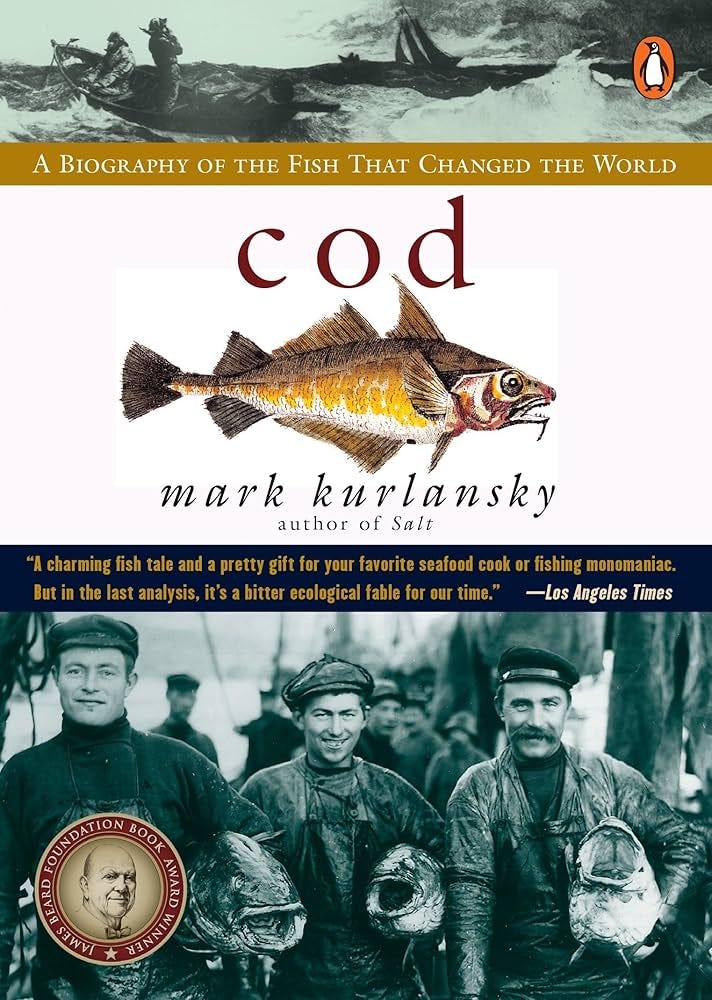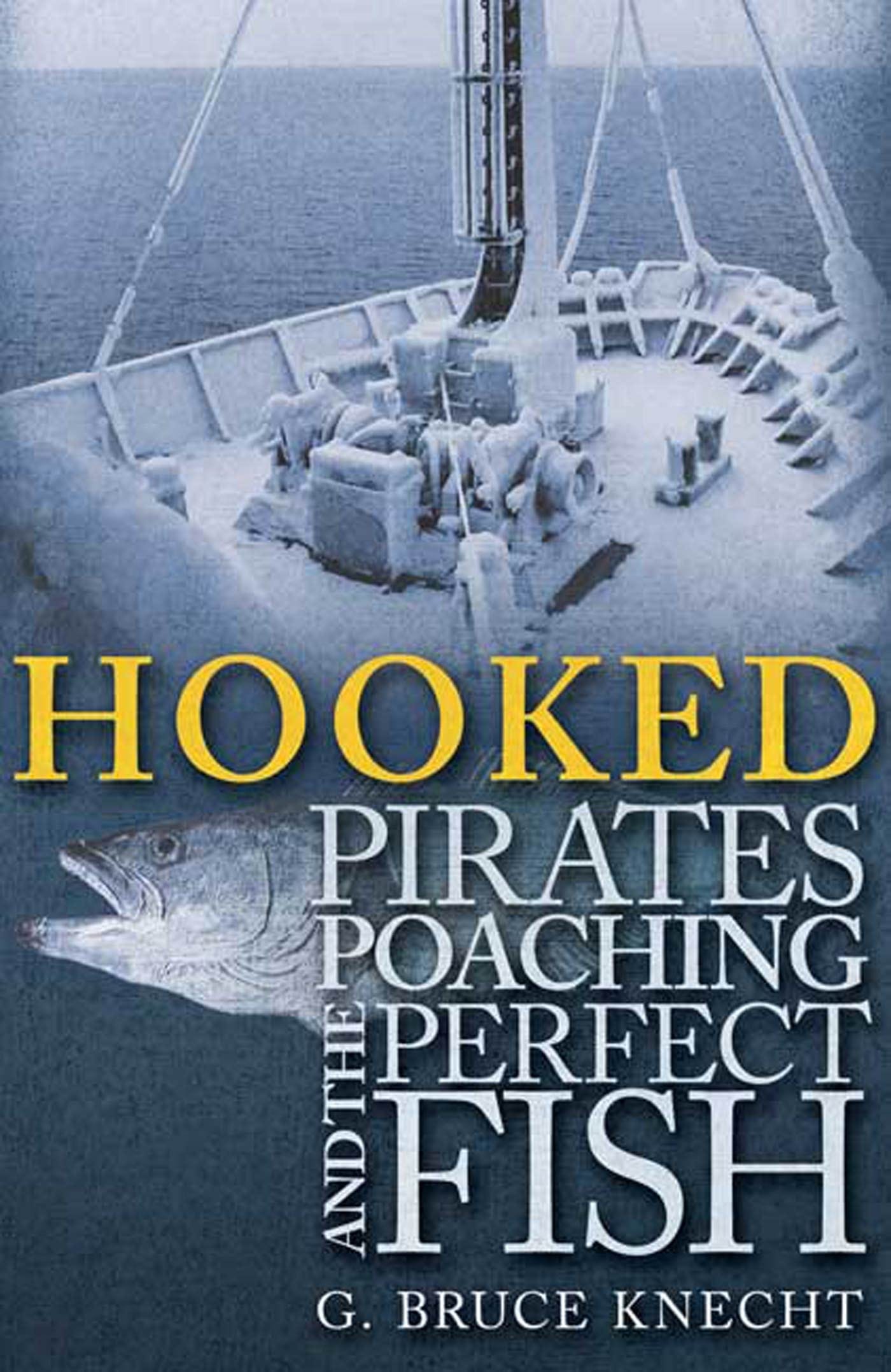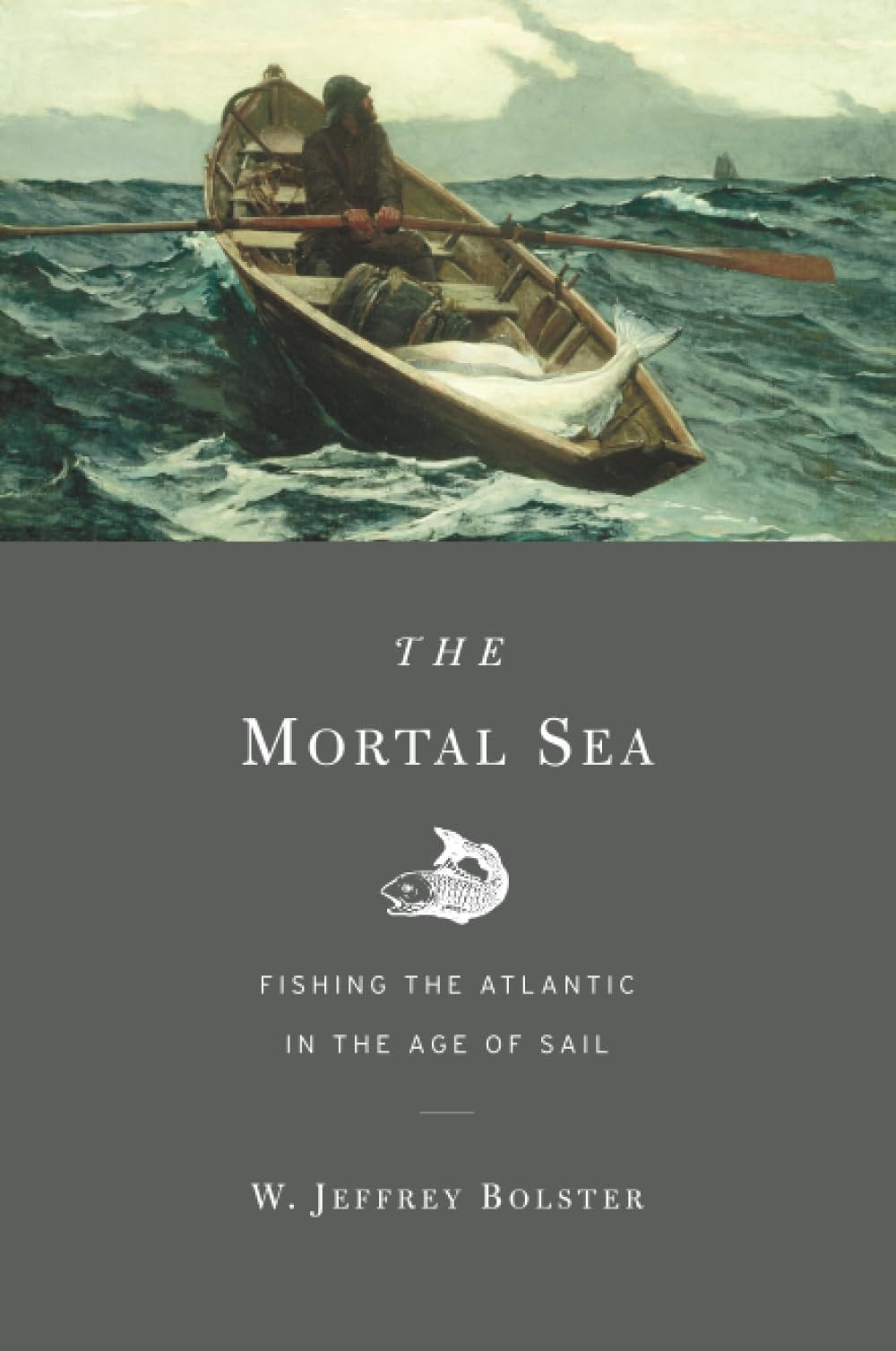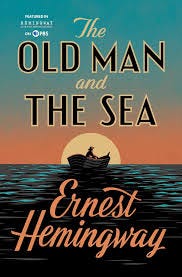The Perfect Storm
Plue five books on history of fishing that I love
This week’s watch party is The Perfect Storm, the film that depicted the 1991 loss of the Andrea Gail, along with all hands aboard. The reasons for this are multiple: several recent studies assert that Nor’easters are getting more powerful; it’s a great chance to look at George Clooney’s career, but mostly my ex-wife will be here to pick up Ben and fly him back to Florida and she hates this movie “Jason, everyone dies in this.”
Oh yes, Christine, I know. *Cue evil laugh*
Ok, so really what I wanted to do is talk about the history of fishing and how important that labor is to so many communities not only in the US but across the globe. So, join us on Prime Video and Blue Sky this Sunday, July 20th at 8pm eastern to watch The Perfect Storm. And if you can’t recall the movie, I’ve attached the trailer below.
The books!
And as an environmental historian whose entire family has orbited the commercial catfish industry for generations, I thought I’d share with you a few books on the history of fishing that I really like. Maybe there will be something in here that draws your attention.
Mark Kurlansky, Cod: A Biography of the Fish that Changed the World. There’s a reason this book is first on my list, even though I only read it for the first time in the last couple years. This book takes us around the world, linking together societies, economies, and ecologies. A lot of people have read this book, and it’s the first on this list I’d recommend.
G. Bruce Knecht, Hooked: Pirates, Poaching, and the Perfect Fish. I read this book before I even restarted life as a college student and well before I even knew what environmental history even was. This book follows what is essentially a pirate fishing vessel in search of the Patagonian toothfish, better known to Americans as the Chilean sea bass and how promotion of the fish threatens its existence.
W. Jeffrey Bolster, The Mortal Sea: Fishing the Atlantic in the Age of Sail. Since we’re focusing on New England, a book on the North Atlantic seems appropriate. This book talks about how humans have shaped this fishery for well over one thousand years.
Paul Greenberg, American Catch: The Fight for Our Local Seafood. So this book is more investigative journalism, but I tend to think of journalists as real-time historians anyway. What Greenberg does is examine different fisheries in the United States, including lobster, oysters, and shrimp to talk about the challenges global economies and environmental change present to both aquatic species and local communities.
Ernest Hemingway, The Old Man and the Sea. Ok, so it’s not a history. And no one has ever heard of the author before. But I read this book on January 1st every single year. It’s the kind of book that a person should read, at least once. So here you go.
So there you go. A few books for you to read (or at least display on your shelves) and an invite to join us this Sunday night. Hope you do.
J
Thanks for being here. Wanna support my work? Reckoning is always free, but you can do so by upgrading to a paid subscriber below.







I'm happy to recommend "Beautiful Swimmers Watermen, Crabs and the Chesapeake Bay" by William W. Warner.
Callinectes sapidus. Callinectes is Greek for "beautiful swimmers" and sapidus is Latin for "tasty". If that's doesn't describe blue crabs, nothing does.
I had picked up a friend to take him to a picnic that a lot of us were attending, had another friend's family farm. I'm not sure how we got on the topic, but he mentioned that his wife's brother was in search and rescue. I asked if his brother-in-law had read _The Perfect Storm_.
"He was _in_ the perfect storm: he was the diver who [got into trouble a few ways]."
Wasn't much I could say after that.